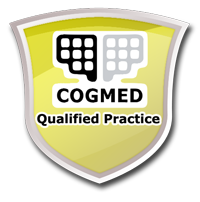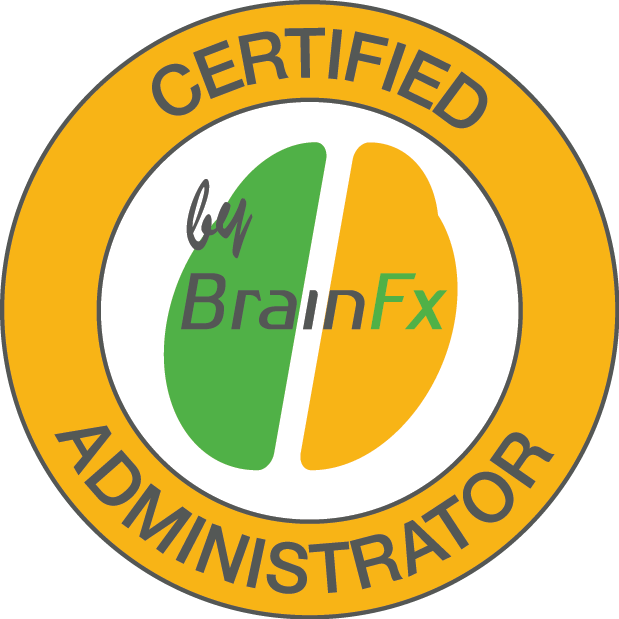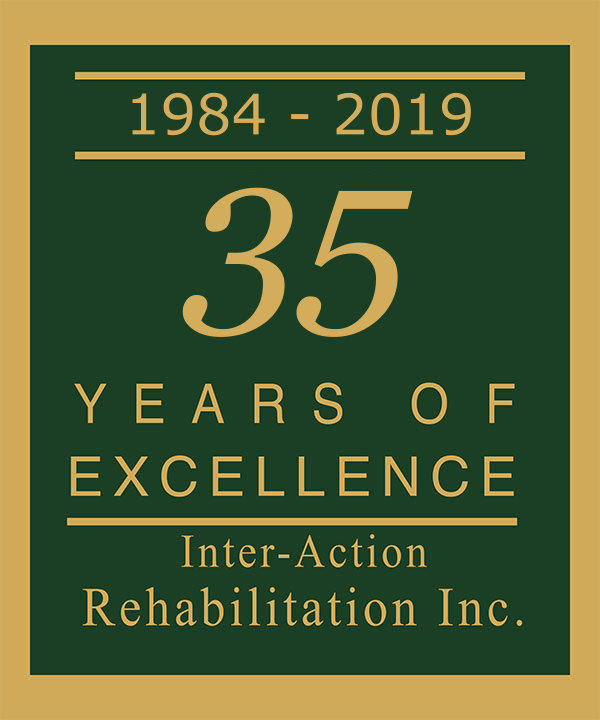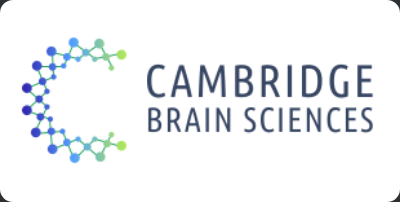Services
We have a broad variety of standardized and non-standardized assessment tools available to use in order to provide a comprehensive assessment. Our therapy goals and treatments are created around the needs of your child and family. We provide education and training to parents to support and empower you with the information you need to understand their child. Strategies and ideas are given to your family to ensure carry over and continuity of your child’s progress between sessions. Our team of therapists has training and experience in the following:
- Manual Therapy (orthopedic and osteopathic) including Myofascial Release & Craniosacral Therapy
- Micro-Current Point Stimulation
- Sensory Motor Therapy including NDT/Bobath
- Sensory Processing Disorder including assessment and treatment Sensory integration is the ability for our brain to organize and integrate numerous bits of sensory information. This has an impact on the way a child moves, learns, and interacts with others. We provide a fun environment for children to learn to understand the sensory experiences around them through therapy.
- Organizational Skills
- Perceptual-Cognitive Remediation including CogMed
- Language & Sound Development
- Hand Writing without Tears and Cursive Writing Program world renowned writing curriculum that allows children to have fun and learn correct letter formation.
- School Integration, Re-integration & Transition
- Swallowing, Feeding, Self- Care Skills
- Life Skills Training Program
- Community Re-Integration Program
- Home Adaptation and Equipment Assessment
- Parent training and education
- Consultation Services
- Sequential Oral Sensory (S.O.S) Approach to Feeding – is an approach to address feeding difficulties and behaviours. It employs the strategy of working with the child to enhance their ability to explore and eventually try new foods.
- Floortime approach- is an approach the clinician employs to follow the child’s lead during therapy sessions allowing them to express their emotional interests to foster development.





